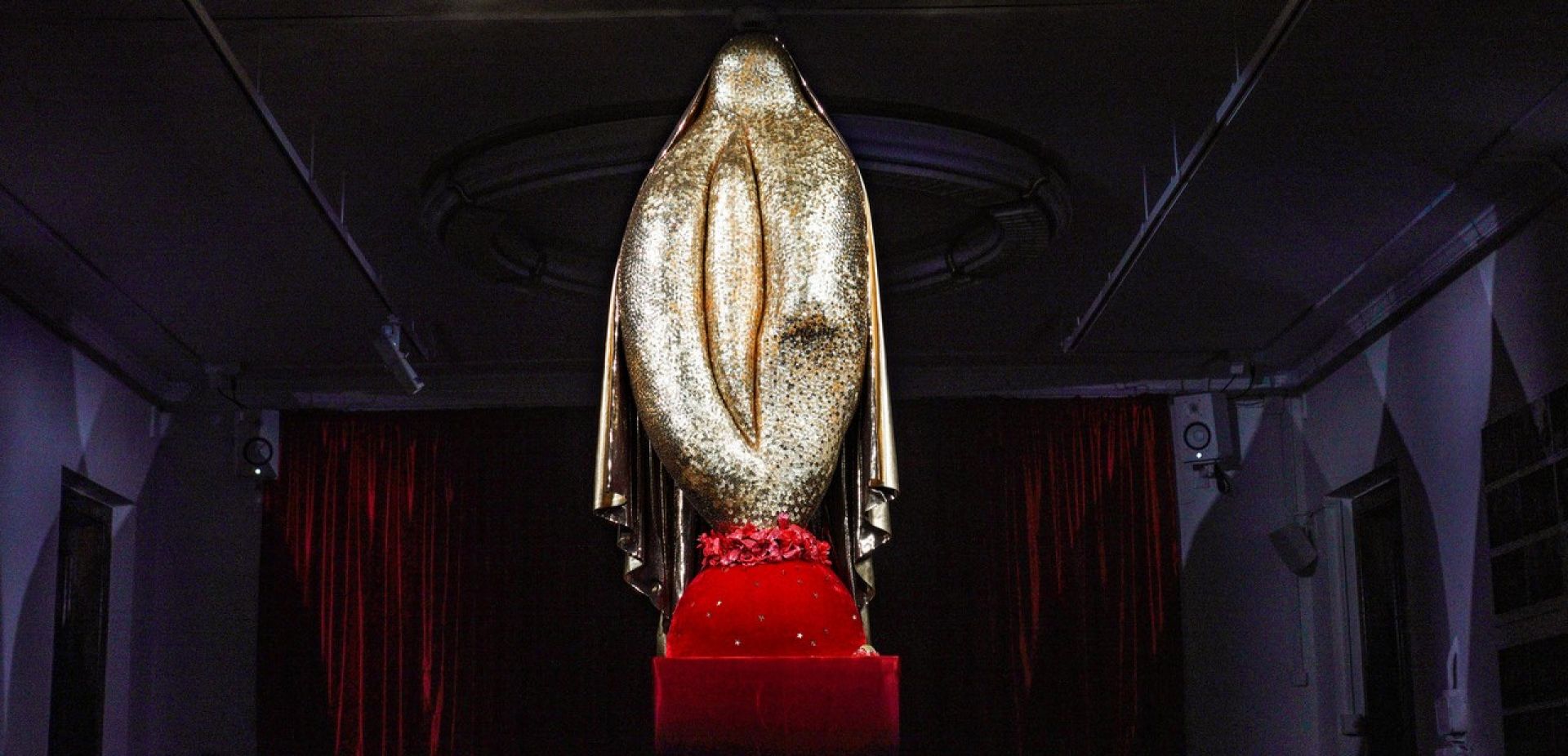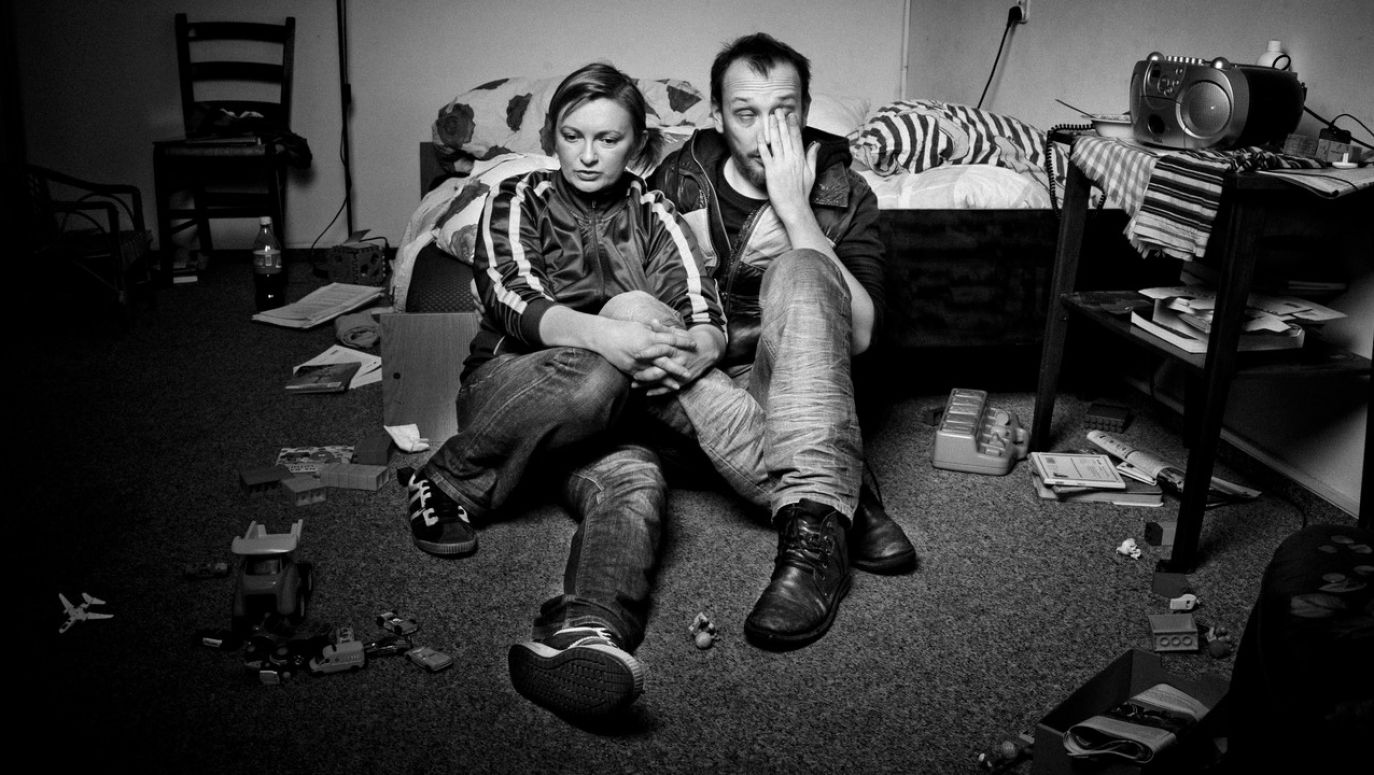And thus an institution financed from the local government budget, so from taxes collected from the residents of the capital, became embroiled in a fierce war of worldviews. It might seem that Strzępka’s radicalism is shared by a minority of Varsovians. And if so, most of them are city-dwellers who, in the face of various mental, social, cultural and moral anomalies, are indifferent or even averse. Except that this case is much more complicated.
Artistic bohemia and philistinism have always had a complicated relationship. The American sociologist Daniel Bell wrote on this subject in his famous book The Cultural Contradictions of Capitalism from 1976. It concerns, among other things, the two-track development of capitalist societies in the 19th century.
The very definition of capitalism assumes that it is dominated by a figure known as
homo oeconomicus . This is someone who deals with the free transaction of money and goods. He is guided by an ethos which consists of: rationality, meticulousness, economy, and discipline.
But 19th-century culture was shaped by tendencies that contradicted this ethos. They were expressed in extreme, anarchizing individualism. Another figure came to the fore – an artist who celebrated his vivid imagination and denied social conventions. Someone like that accuses the city-dweller of a lack of flair and narrow mindedness. He points out the weaknesses of the materialistic-pragmatic worldview.
 SIGN UP TO OUR PAGE
SIGN UP TO OUR PAGE 
Bell considered the issue of social approval of avant-garde trends in art. For a long time this approval was insignificant. When, in the 1930s, French surrealist poet André Breton tossed out the idea of replacing the towers of the Notre Dame Cathedral with two giant cylinders, one filled with blood and the other filled with sperm, it was widely met with outrage and regarded as the vulgar joke of a lunatic.
Three decades later, however, there was a major breakthrough. The bohemian artist captured the soul of the city-dweller.
Bell’s book suggests that in highly developed consumer societies in the middle of the 20th century, there were already different cultural conditions than those that characterized capitalist societies in the 19th century. The New Left – the one that cares about the status of various minorities with eccentric morals, and not the situation of ordinary people living in poverty – has conducted an effective march through institutions, including those that are the pillars of capitalism. And it paid off.
Today, the bohemian artist has powerful and wealthy patrons. They are recruited not only from among politicians but also oligarchs. Causing scandals – even mocking what is
sacrum for Catholics – brings tangible gains. And the admiration for artistic transgression, like over the last cry of fashion, is sometimes a manifestation of contemporary priggishness. After all, the criteria of opportunism and conformism are also – like fashions – changeable.
Coming back to Monika Strzępka, it must be admitted that in the past the director defied not only the Catholic Church, national tradition and conservative values. She also condemned the exploitation which was the aftermath of the pathologies that accompanied the forging of the foundations of Polish capitalism starting in 1989. We are talking about theatrical projects carried out together with the playwright Paweł Demirski.
In their performances, this duo exposed the dark side of the Polish economic transformation. It showed people whom Polish neoliberalism had tossed to the margins.


 SIGN UP TO OUR PAGE
SIGN UP TO OUR PAGE 





